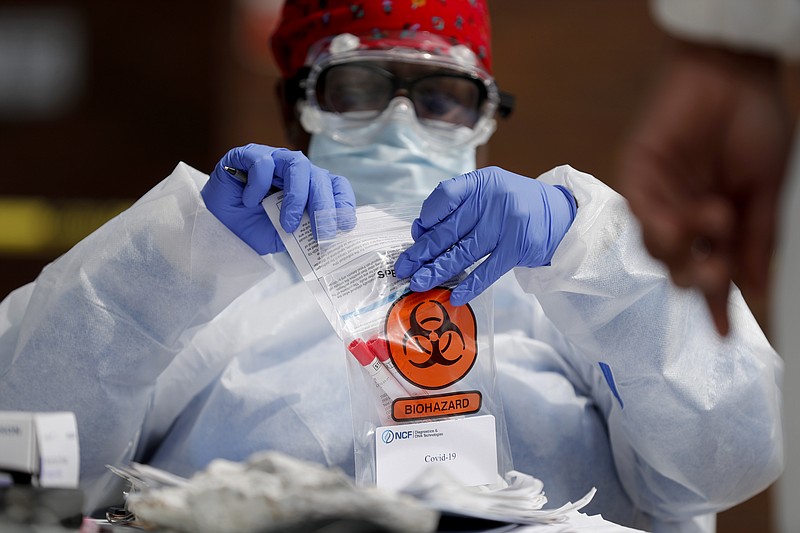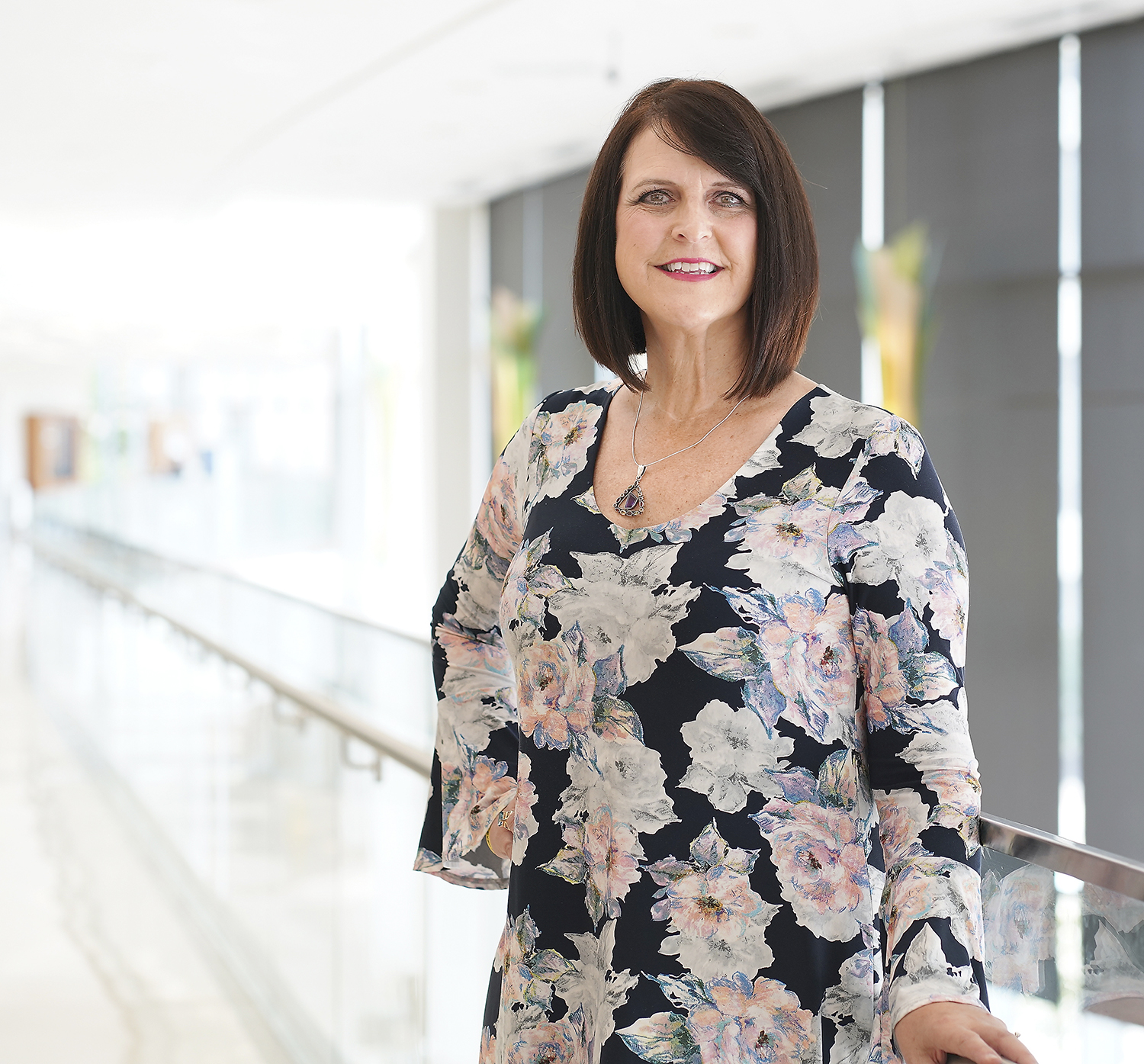Respiratory illnesses are on the rise.
Like much of the United States, Missouri has experienced increased respiratory disease activity caused by multiple viruses, including flu and respiratory syncytial virus infection (RSV) that is occurring especially among children, according to a Missouri Department of Health and Senior Services (DHSS) news release.
Missouri now offers free single-swab testing that can identify three specific illnesses at a limited number of sites.
DHSS announced Wednesday it is offering free testing for flu, RSV and SARS-CoV-2 (the virus that causes COVID-19) at several locations through March 2023.
A single nasal swab will allow for detection of these three viruses. Patients of all ages can be tested. A map of locations and the sites' schedules can be found at https://bit.ly/3tBEoy8.
The map shows three sites in Kansas City, five in the St. Louis area, and one each in Joplin, Kirksville, Marshfield and Springfield. Additional sites will continue to be added, according to the release.
Although cases have not increased in severity, increased volume has caused a strain on some area health care partners, according to the release.
Janet Wear-Enloe, director of business development and marketing for St. Mary's Hospital in Jefferson City, said there has been an increase emergency room visits, SSM Health Medical Group clinic visits and admissions in patients with respiratory illnesses within the hospital.
She said the hospital offers the single-swab test for COVID-19, influenza and RSV. Should the results be needed immediately, the test may be processed at the hospital. If the test is not urgent, it will be sent to SSM Health in St. Louis for processing.
"Although some patients have had influenza, so far, most patients with respiratory illnesses have been positive for COVID-19 or RSV," she said.
Chase Ungs, the hospital's emergency department medical director, said all ages of patients have come through his department -- from newborns to the elderly.
Lenora Adams, the hospital's vice president of medical affairs, said St. Mary's Hospital is the only hospital in Jefferson City admitting pediatric patients.
"We believe it is important to take care of patients close to home," Adams said, "especially when they are young and need parental support."
Capital Region Medical Center is also receiving increased numbers of patients with respiratory illnesses and flu-like symptoms, according to Emily Mantle, the hospital director of marketing and public relations. However, the hospital only offers testing for the viruses via separate swabs.
For the week ending Nov. 5, there were 1,738 laboratory-confirmed cases of the flu in Missouri. There had been 1,280 cases the week before, according to the DHSS. Those rates brought the statewide total for the season to 4,016 cases. While RSV is not a reportable condition to DHSS in Missouri, the Centers for Disease Control and Prevention tracks state-level trends that show increasing RSV detection in Missouri.
"Ultimately, we need families to remember how important it is that they stay home when sick," said George Turabelidze, DHSS state epidemiologist. "Also, we are fortunate to have vaccines available for flu and COVID-19, and it's important to stay up to date on these."
The flu and COVID-19 have many similar symptoms including cough, shortness of breath or difficulty breathing, fatigue (tiredness), sore throat, runny or stuffy nose, muscle pain or body aches and headaches.
RSV is a common respiratory virus that usually causes mild, cold-like symptoms including fever, cough, congestion, runny nose, sneezing, and in infants, fussiness and poor feeding. It can progress to more severe symptoms such as fast or short breathing or wheezing, and in infants and young children, grunting noises when breathing or chest caving in during breathing. While persons of any age can develop RSV, it is most common in children under age 2 and can be severe, especially for infants and older adults. Most people will recover in one to two weeks.
If you are sick, the best thing to do is avoid being around others and seek testing to determine next steps. If patients have pre-existing health conditions or severe symptoms, treatment may be needed, and each virus requires a different approach. Indoor gatherings, which are common in the fall and winter, provide more opportunities for the transmission of respiratory viruses. Handwashing and staying up to date on vaccinations are some of the best ways to prevent the spread of viruses.


